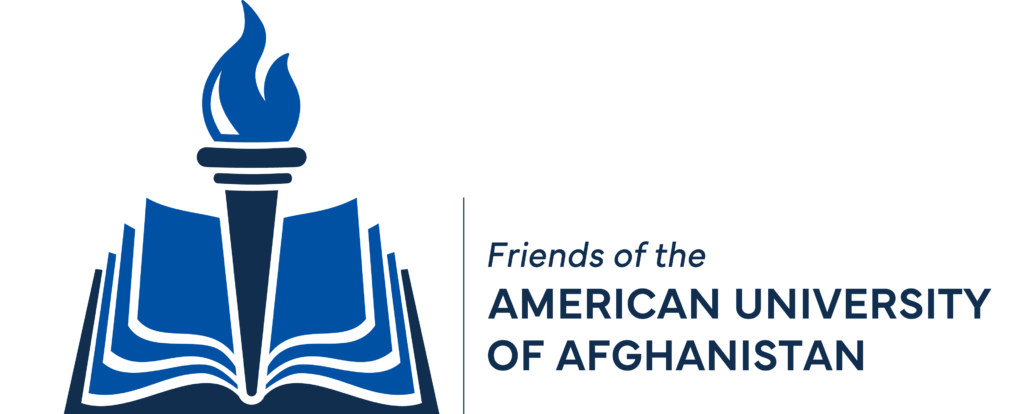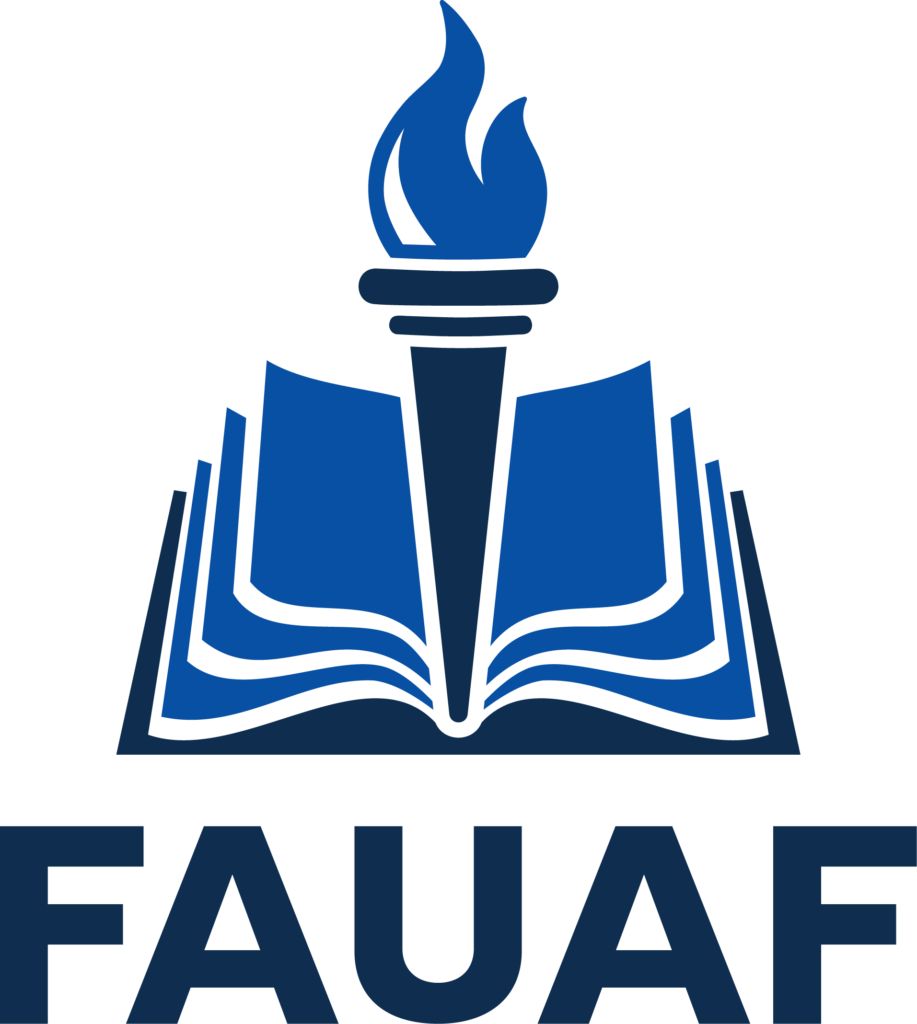Blog
Bard College, an American liberal arts school in New York has made a pledge to support over 400 refugees and displaced students over the next four years. Many AUAF students have found their place at Bard College since 2020, earning dual degrees from AUAF and Bard. Read below for more from Viggo Stacey’s recent article.
Bard College says the 425 students will study either in-person degrees on its main and branch campuses, and online degrees in partnership with Parami University in Myanmar.
The 15by30 commitment from the intergovernmental peace organisation is aiming to get 15% of young refugees enrolled in higher education by the year 2030.
In December, Bard represented the Open Society University Network at the second Global Refugee Forum in Geneva, Switzerland.
The College is also representing OSUN in co-leading the UNHCR’s 15by30 Multistakeholder Pledge. OSUN partners have impacted over 80,000 refugee and displaced youth since the founding of the Network.
Jonathan Becker, vice president for academic affairs and director of the Center for Civic Engagement at Bard, is a co-lead on the 15by30 Multistakeholder Pledge, spoke at the forum about the benefits for all of achieving 15% of refugees in higher education by 2030.
“What Bard and OSUN do is most emphatically not ‘do-gooderism’ – we are working with some of the most talented young people in the world who enhance learning of all of our students,” he said.
“Bard has been bringing refugees and other displaced people into our classrooms for decades”
“Bard has been bringing refugees and other displaced people into our classrooms for decades, and today we also bring the liberal arts and science into refugee camps in East Africa, the Middle East. and South Asia,” said Rebecca Granato, who is co-chair of the UNHCR Global Task Force on Education Pathways and associate vice president for Global Initiatives at Bard.
“Educating those affected by displacement is not just part of our civic mission: it also directly benefits other matriculated Bard and OSUN students whose experiences are enhanced by such inspiring and talented young people from all over the world.”
Other OSUN partners – Sciences Po, SOAS, Bard College Berlin, American University of Afghanistan, and Arizona State University – have also made significant pledges to expand refugee access to higher education.
A report released in December noted that exact data on how many students hold refugee status in the US is missing. Estimates suggest that in the 2022/23 academic year, over 54,000 students on F-1 visas may have been refugees.

